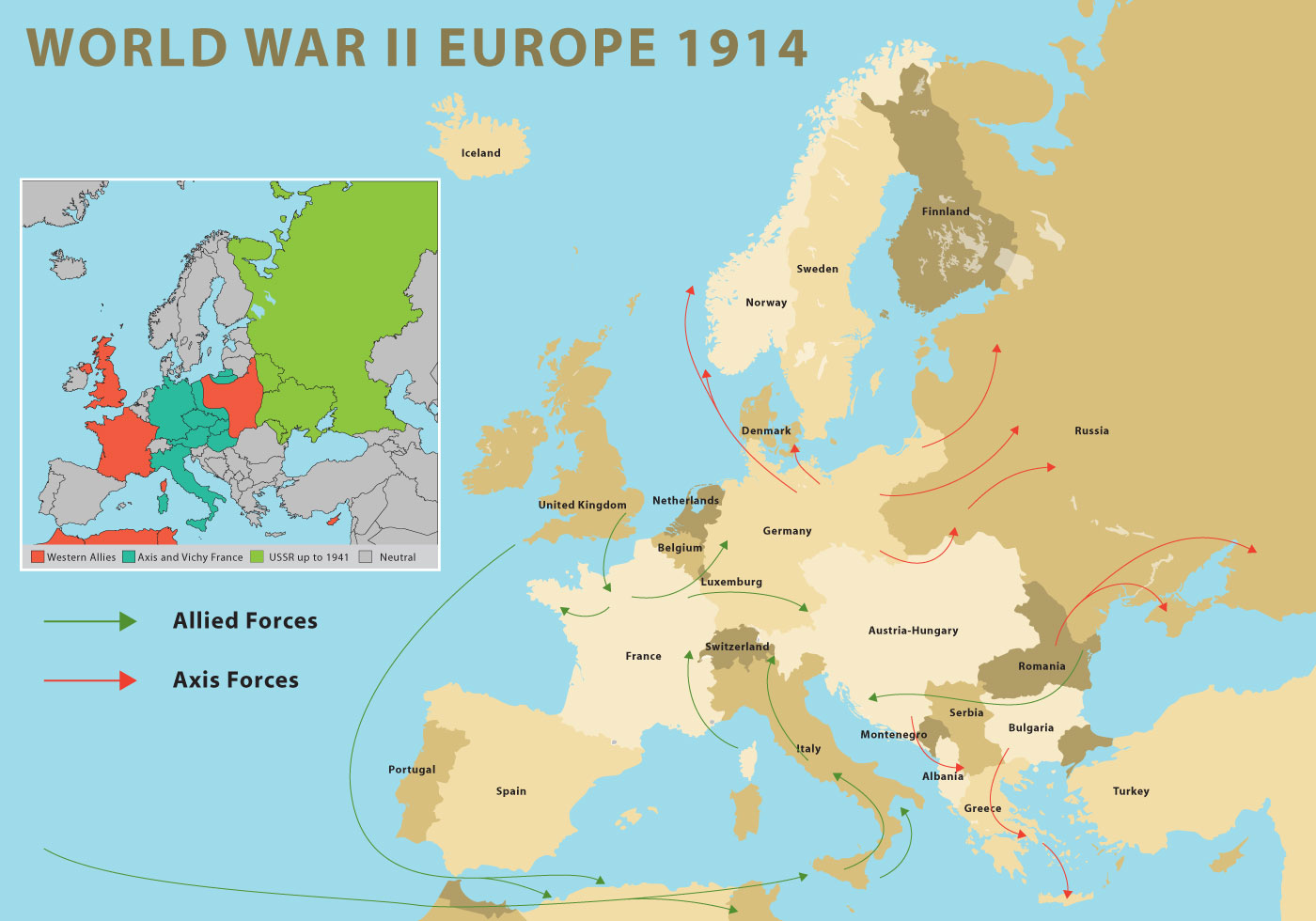
The French, in particular, sent Africans to Europe in large numbers. How were these troops used? Overall, 6,50,000 colonial troops were deployed to Europe. As the historian Ranajit Guha explained to journalist Seema Sirohi, “a widespread proxy system developed in the Punjab, whereby a prosperous villager would buy a poor neighbour’s son and donate him to the recruitment centre as his own contribution.” Eventually, the French, the British, the Germans and the Belgians all used the force of law and arms to compel Africans to join their armies. But, as in India, local political elites were incentivised to supply manpower, and they used all means at their disposal to push villagers into service. At first, much recruitment was, notionally, voluntary. It is also crucial not to mince words on the nature of this participation. Kenya, Ghana and, above all, Nigeria which provided the lion’s share for Britain. The French colonies alone sent just under half-a-million Africans to fight in Europe, over a tenth of these coming from Algeria.

As John Reader explains in his magisterial history,Īfrica: A Biography of the Continent, by the war’s end, around two million Africans had participated in the war effort, half of them troops. In addition to being a battleground, the British Empire also served as a reservoir of manpower on an astonishing scale 1,40,000 men served in the Chinese Labour Corps, a force of which most Europeans will never have heard.

Paris and London would later carve up that territory, like so many other spoils of war. Remember that British forces in the Gold Coast (modern day Ghana) mobilised four days before the British declaration of war, that the first Allied shots were fired in the British and French invasion of German Togoland, and that the first Allied victory came here, not in Europe. The war’s origins may lie in the Balkans, and it may be the European battlefields that stick in popular memory - the Somme, Ypres, and so on - but the non-European world was profoundly affected, and in turn transformed by the war. This is why it is crucial to understand the global scope of the war, and the role - often an involuntary one - played by the Empire and Commonwealth. If the war resonates in such a weak, confused, and even negative way with Europeans, it is little wonder that young Africans or Indians see even smaller stakes in this year’s ceremonies. Britain, however, was not much different.” Perhaps, these sceptics implied, triumphalism ought to be avoided in the centenary commemorations. As the writer Kenan Malik put it in a recent essay, “Germany had expansionist aims and a toxically racist culture. In turn, a slew of prominent historians, led by the Regius Professor of History at the University of Cambridge, Richard Evans, retorted that Britain and her allies had fought for dubious aims, against adversaries who were far from evil incarnate. He argued, instead, “those who fought were not dupes but conscious believers in king and country, committed to defending the western liberal order.” Boris Johnson, the Mayor of London, agreed, insisting, “German militarism was at the root of the First World War.” The (now former) British Education Minister, Michael Gove, attacked the left-wing narrative of a cruel and futile war prosecuted by feckless generals. The war’s legacy has also grown more complicated, as evidenced in the United Kingdom by last year’s political skirmishing among politicians and historians. No surprise, then, that a survey in 2012 found that fewer than half of Britons aged 16 to 24 could identify the year that the war broke out. In a nation of immigrants, increasing numbers of children have grown up without the childhood visits to memorial-strewn French villages or classroom recitation of the war poets that were once ubiquitous. Even at home, in the war’s European locales, we are separated from its horrors not just by the chasm of multiple generations - the war’s last veteran, Florence Green, died in February 2012 at the age of 110 - but also a growing cultural gap. This might be a forgivable gap in knowledge, if the real figure were not well over a million.Īs Commonwealth heads of state in Glasgow commemorated the First World War centenary on Monday, many in the nations of the Commonwealth - India above all - will therefore wonder why they should care about, much less commemorate, a war fought largely in Europe, led by European politicians, commanded by European officers, and resolved to the benefit of engorged European empires. Two years ago, another survey showed that over half of Britons didn’t know whether India had contributed over 1,000 troops. It is no consolation that the situation is little better in Europe. Did you know that India fought against Britain in the First World War? That, at least, is the belief of over a quarter of Indians, according to a British Council survey earlier this year.


 0 kommentar(er)
0 kommentar(er)
